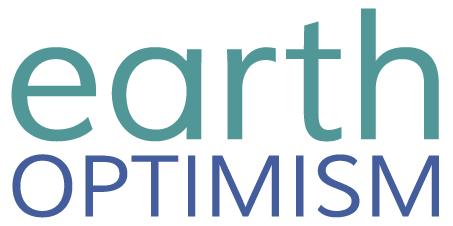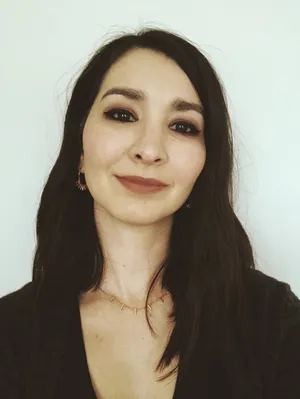Fostering Franco-American Exchange for Our Shared Future
U.S. Ambassador to the French Republic and to the Principality of Monaco, Ambassador Denise Campbell Bauer, reflects on the Smithsonian-France partnership that has helped students reach across the globe to connect on important issues facing our planet.
:focal(1024x683:1025x684)/https://tf-cmsv2-smithsonianmag-media.s3.amazonaws.com/filer_public/bd/22/bd2262a4-4e00-4a0a-97f9-25237d571cef/dsc07609-2.jpg)
Can you tell us how this partnership between the Smithsonian and U.S. Embassy Paris came about?
Both the French and American governments recognize the importance of promoting climate sustainability and building inclusive, tolerant societies. As the covid pandemic worsened, we needed to find new ways to work together on these issues as our usual, in-person, methods were no longer feasible. We contacted the Smithsonian because we wanted to put together a program on climate that also promoted the principals of diversity and inclusion for both educators and students. Smithsonian's educational teams are leaders in the field, and their subject matter expertise and program standards are renowned. It was clear from the get-go that they would be the right partner for such an ambitious project.
What are the shared climate and sustainability goals between France and the United States that this program emphasized?
One of the first things that President Biden did upon taking office was to rejoin the Paris climate accord. This program is of the same spirit. We are in this together, so let's get to work. The most valuable aspect of this program was its emphasis on thinking globally and acting locally. The question of how to fight climate change can be an overwhelming one. When we break it down into concrete, local steps, we encourage people to take action and gain the momentum necessary to make bigger and broader steps towards sustainability. Students set achievable goals for themselves, such as taking shorter showers or no longer driving to school, and encouraged their peers to commit as well.
Why is Franco-American exchange so important to facilitate among students and educators?
A diplomat's most fundamental job is facilitating exchange between countries. These exchanges happen at all levels, whether between heads of state, businesses, local leaders, or students. The friendship between France and the United States has always been based on shared values and aspirations. And like in any long-lasting friendship, our different perspectives allow us to learn so much from each other. By connecting classrooms, we invite young people to be a part of this friendship and add to our shared history. We give them pedagogical tools and a framework to help them bring their unique perspective and creativity to our common challenges.
Tell us more about the virtual classroom and how that setting functioned to create an immersive and empowering experience for the students.
The French Ministry of Education uses a fantastic platform called eTwinning, part of the European program Erasmus+, to facilitate virtual exchange programs throughout Europe. We were very fortunate to be able to use the platform for this special exchange, in part because of the global issues that are addressed by the program. Students were able to follow sessions with Smithsonian staff and French and American experts either live or via replay on the platform. Paired classrooms also exchanged group and individual activities and experiences via a virtual "twin space" on the platform. This flexible format allowed us to include classrooms across many different time zones - from Oregon to Maryland to Paris and even French Polynesia!
How do you see this program scaling up to encourage more conversations and connections between American and French students with their peers across the globe?
One silver lining to come out of the last two years is that we are now more comfortable with virtual tools and exchange. We are already planning to run the program for a second cohort of French and American classrooms next fall. Since eTwinning is primarily a European resource, we would love to bring in other Embassies in Europe to broaden the dialogue between young people of other countries. The climate question is a global one, and our classrooms need to draw from our respective experiences and expertise to face this challenge collectively and effectively.

